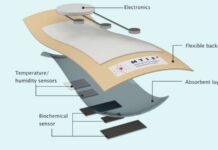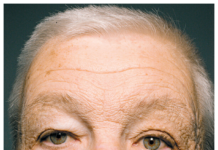According to Dartmouth researchers, they have created the first smartphone application that combines facial image processing software with artificial intelligence. To accurately identify the onset of depression before the user even realizes anything is wrong.
MoodCapture is an app that records a user’s environment and facial expressions with a phone’s front camera regularly. It then analyses the photos to look for clinical indicators of depression. The app accurately identifies early symptoms of depression with 75% accuracy in a trial including 177 participants who were diagnosed with major depressive disorder.
Andrew Campbell, the paper’s corresponding author, said
This is the first time that natural ‘in-the-wild’ images have been used to predict depression
MoodCapture uses a similar technology pipeline of facial recognition technology with deep learning and AI hardware.” “A person just unlocks their phone and MoodCapture knows their depression dynamics and can suggest they seek help.”
The idea is that MoodCapture evaluates a series of photos in real time each time a user unlocks their phone. The AI model makes links between facial expressions and background information—such as eye contact, changes in facial expression, and one’s environment—that demonstrate that they are significant in predicting the severity of depression.
Jacobson, who directs the AI and Mental Health: Innovation in Technology Guided Healthcare (AIM HIGH) Laboratory, said
Our goal is to capture the changes in symptoms that people with depression experience in their daily lives,
According to Jacobson, an AI program like MoodCapture should ideally advise against getting into a depressive mood. And instead, recommend proactive steps like taking a walk outside or calling a friend.
The work is a result of a grant that Jacobson heads from the National Institutes of Mental Health, which is looking into how deep learning and passive data collection can be used to identify depressive symptoms in real-time. It also expands upon a 2012 study conducted by Campbell’s lab, which gathered automatic and passive data from Dartmouth participants’ phones. In order to evaluate their mental health.




